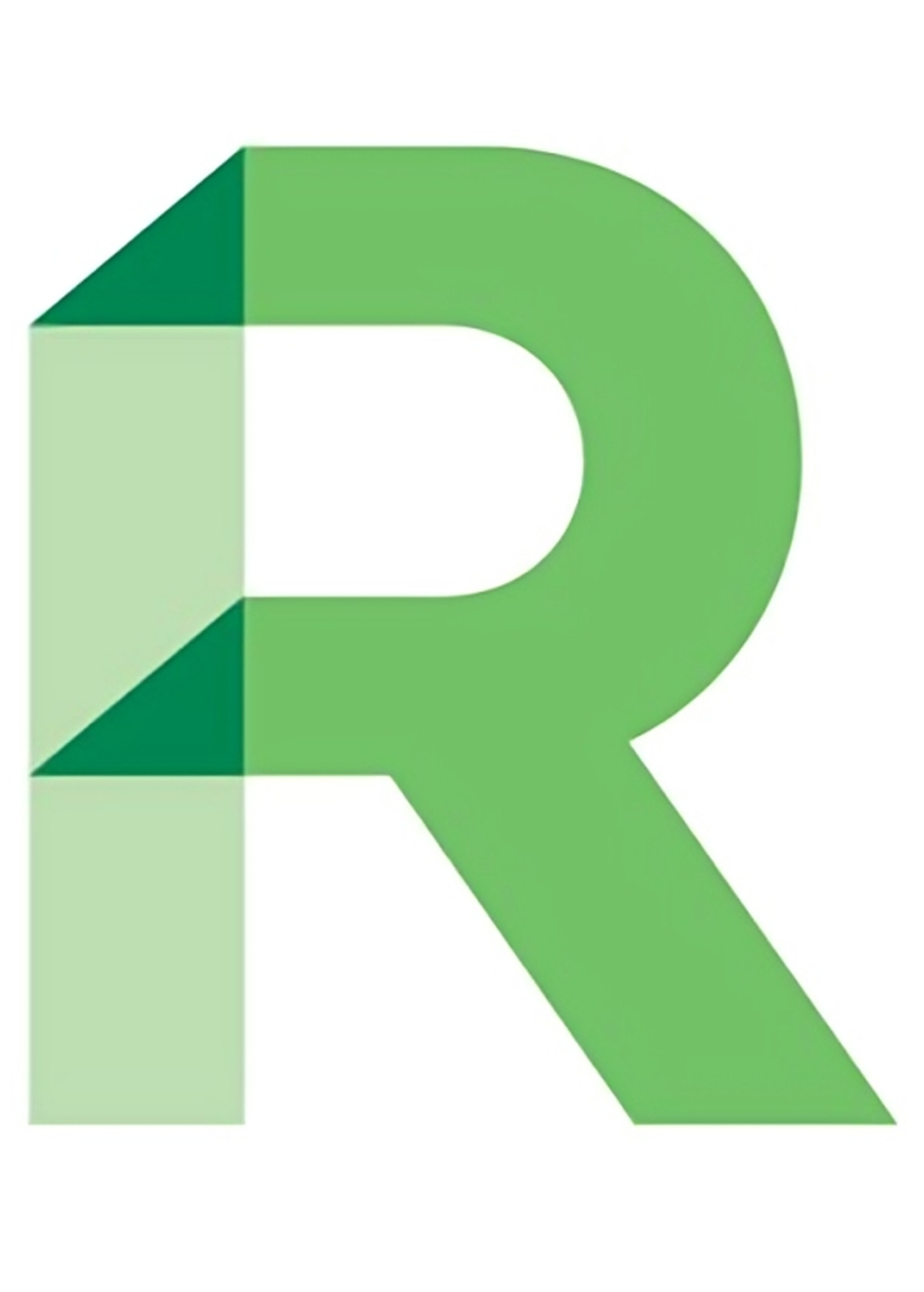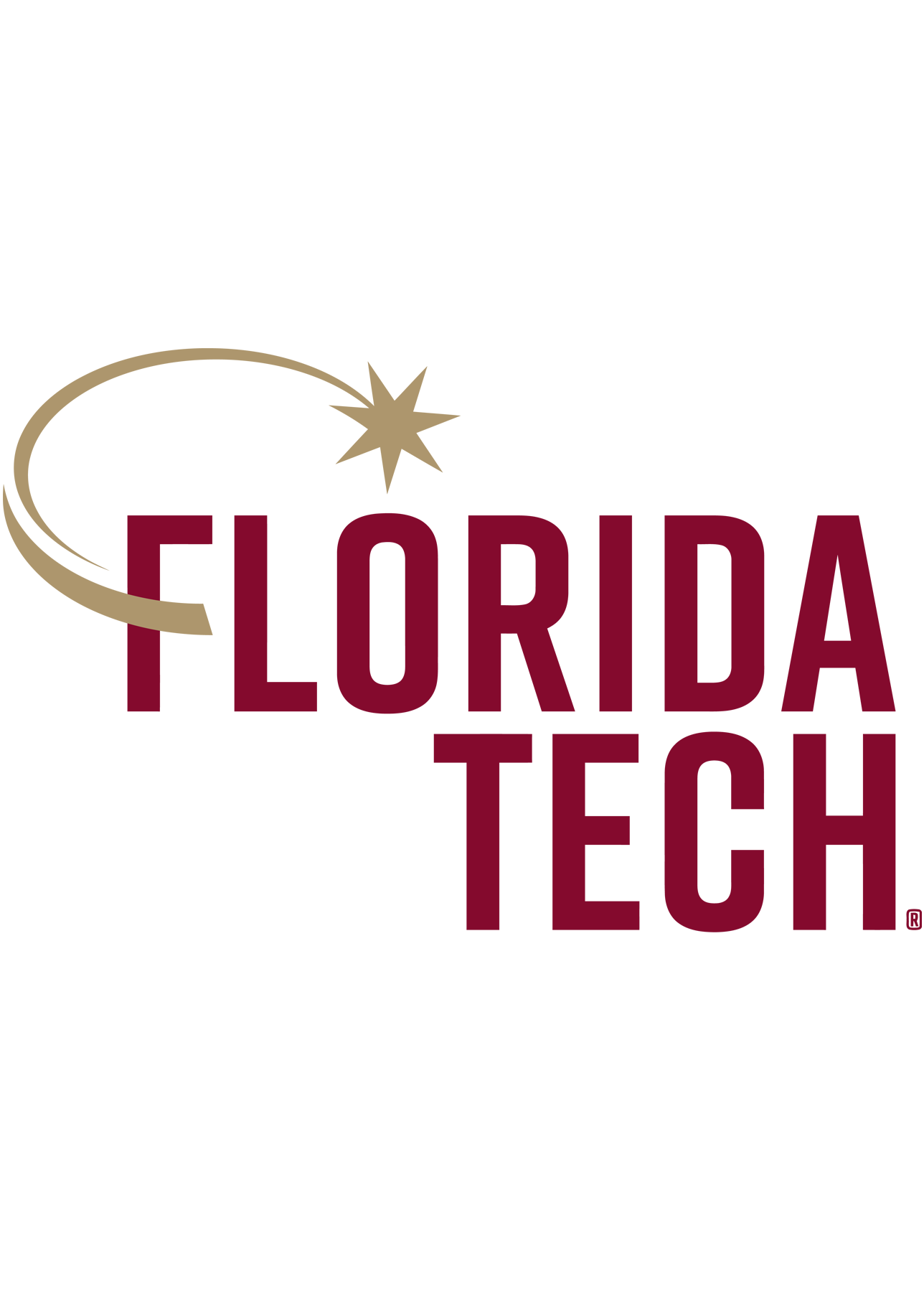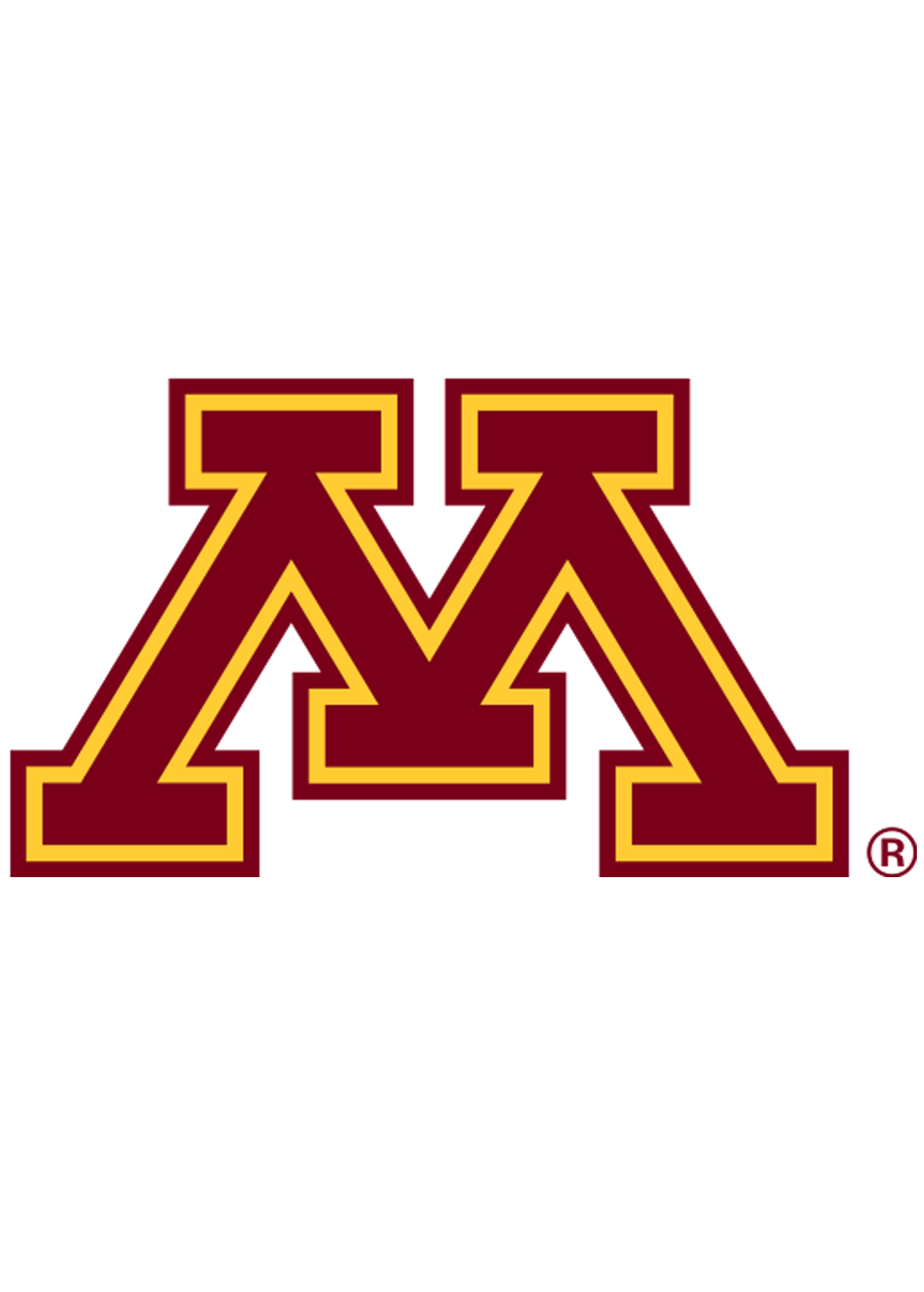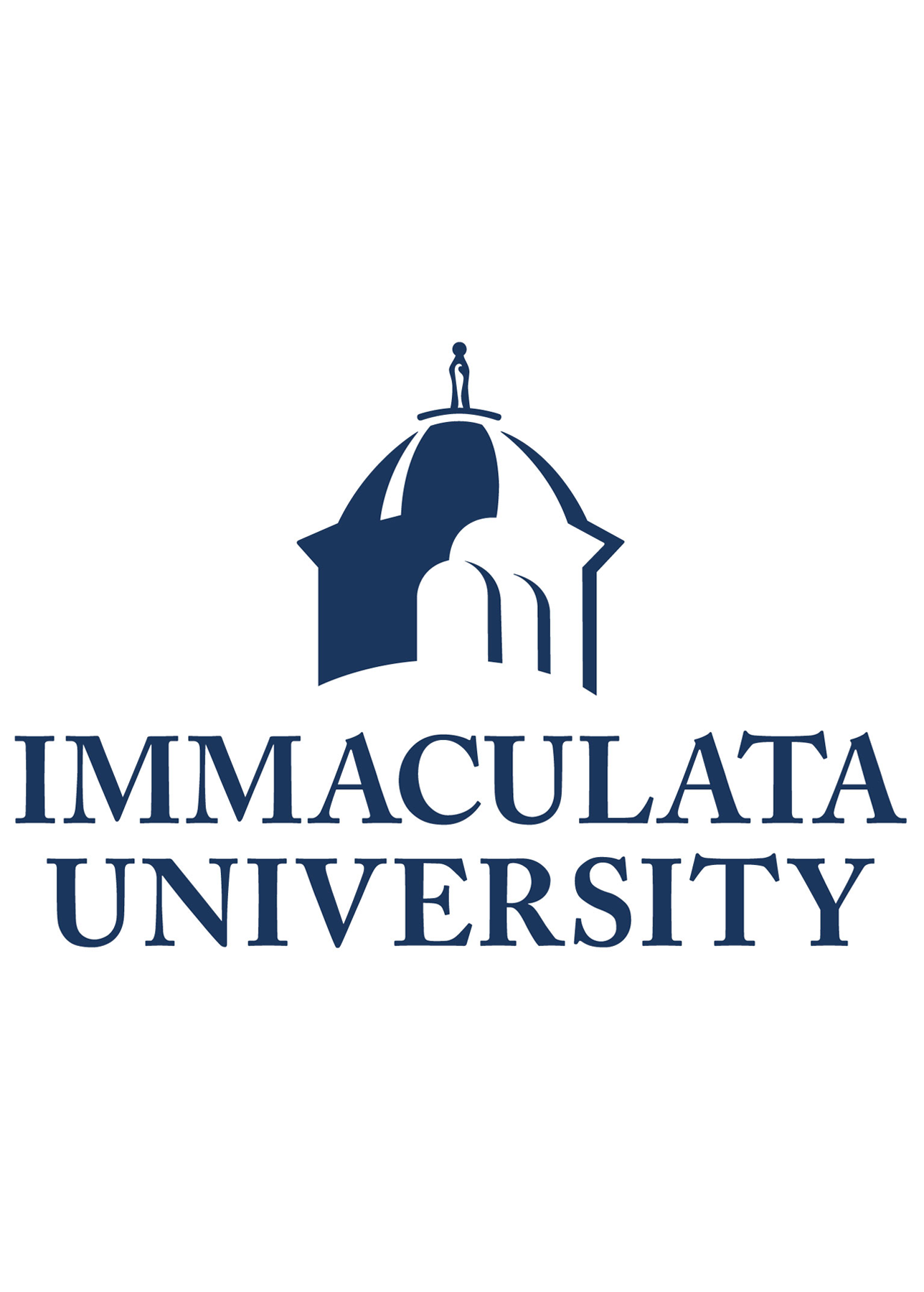For individuals who aspire to work as licensed clinical psychologists or conduct high-level research in the psychology field, a doctorate degree is an essential step to achieving those goals. Earning this degree gives students the opportunity to hone their skills and explore different areas of specialization, such as developmental psychology, neuropsychology, or forensic psychology.
Over the course of the next decade, the employment of psychologists will increase by 6%, according to the Bureau of Labor Statistics (BLS). This translates to an average of 12,800 new jobs per year. The median annual wage for psychologists is $85,330, although the industry’s highest earners can make upwards of $140,000 annually. This degree will also prepare graduates for jobs like college professors, marriage and family therapists, and survey researchers.
Doctorate degree programs vary in length based on course and dissertation requirements, with most requiring a minimum of three years of study. During the 2021-22 academic year, the average annual tuition and fees for graduate degree programs was $12,596 at public universities and $29,931 at private non-profit schools, according to the National Center for Education Statistics (NCES).
Why Trust Us
The Intelligent.com Higher Education Team is dedicated to providing students with independent, equitable school and program rankings and well-researched resources. Our expert-driven articles cover topics related to online colleges and programs, paying for school, and career outlooks. We use data from the U.S. Department of Education’s College Scorecard, the National Center for Education Statistics, and other reputable educational and professional organizations. Our academic advisory team reviews content and verifies accuracy throughout the year for the most current information. Partnerships do not influence rankings or editorial decisions.
- Analyzed over 2,000 national, accredited, and nonprofit colleges and universities
- 800+ rankings pages are reviewed and updated yearly
- Content is informed by reputable sources, surveys, and interviews with academic advisors and other experts
- Over 100 data points are reviewed for accuracy and quality throughout the year, including sources
How we rank schools
Our list features the best online Psychology degree programs at top colleges nationwide. Each school featured is a nonprofit, accredited institution — either public or private — with a high standard of academic quality for post-secondary institutions.
We evaluated each school’s program on tuition costs, admission, retention and graduation rates, faculty, reputation, and the student resources provided for online students. We collected data from trusted sources like the National Center for Education Statistics, individual school and program websites, school admissions counselors, and other data sources. Then, we calculated the Intelligent Score on a scale of 0 to 100 based on the following criterion:
Academic Quality:
- Admission rate versus enrollment rate
- Retention rate of students who return after year one
- Accreditation status (regional and programmatic)
- Nonprofit status, both private and public institutions
Graduation Rate
- Overall graduation rate
- Total number of currently enrolled students, including diversity metrics
- Student-to-faculty ratio
Cost and ROI
- In-state and out-of-state per-credit tuition rates and fees
- Required credits to graduate
- Earning potential after graduation
- Availability of federal student loans, scholarships, and other financial aid options
Student Resources
- Available student services for online-only and hybrid programs
- On-campus amenities like tutoring centers and the number of libraries
Read more about our ranking methodology.
Best 27 Accredited Doctorate in Psychology Degree Programs
FiltersInstitution Type
Status
- Intelligent Score
- Alphabetically By University Name
- Acceptance Rate
- Enrollment
- In-state Graduate Tuition
- Out-of-state Graduate Tuition
- In-state Undergraduate Tuition
- Out-of-state Undergraduate Tuition

Georgia Southern University
Intelligent Score: 99.7In-state: $4,371
Out-of-state: $15,425
In-state: $4,986
Out-of-state: $4,986
SAT: 993-1170
ACT: 18-24
In-State: $417
Out-of-State: $1,082
On-Campus
Accreditation of the American Psychological Association
114-124

Indiana State University
Intelligent Score: 97.81In-state: $9,186
Out-of-state: $20,290
In-state: $7,668
Out-of-state: $7,668
SAT: N/A
ACT: N/A
In-State: $462
Out-of-State: $909
On-Campus
Accreditation of the American Psychological Association
96

University of Hartford
Intelligent Score: 96.75In-state: $40,490
Out-of-state: $40,490
In-state: $14,292
Out-of-state: $14,292
SAT: 1020-1210
ACT: 22-29
$903 - $1,307
On-Campus
Accreditation of the American Psychological Association
96

Xavier University
Intelligent Score: 95.42In-state: $42,230
Out-of-state: $42,230
In-state: $12,060
Out-of-state: $12,060
SAT: 1060-1250
ACT: 22-28
$893
On-Campus
Accreditation of the American Psychological Association
120

Roosevelt University
Intelligent Score: 95.17In-state: $31,493
Out-of-state: $31,493
In-state: $21,275
Out-of-state: $21,275
SAT: 900-1130
ACT: 18-26
$1,265
On-Campus
Accreditation of the American Psychological Association
105

Loyola University Maryland
Intelligent Score: 95.09In-state: $78,360
Out-of-state: NA
In-state: NA
Out-of-state: NA
SAT: NA
ACT: NA
$1,019
On-Campus
Accreditation of the American Psychological Association
131

Rutgers University - New Brunswick
Intelligent Score: 94.45In-state: $12,230
Out-of-state: $29,012
In-state: $17,736
Out-of-state: $17,736
SAT: 1180-1410
ACT: 25-32
$1,248
On-Campus, Online, Hybrid
Accreditation of the American Psychological Association
113

Florida Institute of Technology
Intelligent Score: 92.65In-state: $42,346
Out-of-state: $42,346
In-state: $22,338
Out-of-state: $22,338
SAT: 1130-1330
ACT: 23-30
$803
On-Campus
Accreditation of the American Psychological Association
123

Stony Brook University
Intelligent Score: 91.19In-state: $7,070
Out-of-state: $24,740
In-state: $11,310
Out-of-state: $11,310
SAT: 1230-1440
ACT: 26-32
In-State: $471
Out-of-State: $1,020
On-Campus, Online, Hybrid
Psychological Clinical Science Accreditation System
98

University of California, Los Angeles
Intelligent Score: 90.83In-state: $11,442
Out-of-state: $41,196
In-state: $11,442
Out-of-state: $11,442
SAT: 1310-1530
ACT: 30-35
$635
On-Campus
Psychological Clinical Science Accreditation System
90

Harvard University
Intelligent Score: 89.94In-state: $49,653
Out-of-state: $49,653
In-state: $49,448
Out-of-state: $49,448
SAT: 1460-1580
ACT: 33-35
$1,500
On-Campus
Accreditation of the American Psychological Association
48

Marshall University
Intelligent Score: 87.92In-state: $7,190
Out-of-state: $18,044
In-state: $7,506
Out-of-state: $7,506
SAT: 940-1145
ACT: 19-25
In-State: $428
Out-of-State: $1,143
On-Campus
Accreditation of the American Psychological Association
111-123

Brigham Young University
Intelligent Score: 87.42In-state: $5,970
Out-of-state: $5,970
In-state: $7,510
Out-of-state: $7,510
SAT: 1200-1410
ACT: 26-32
$960
On-Campus
Accreditation of the American Psychological Association
55

University of North Carolina at Chapel Hill
Intelligent Score: 84.27In-state: $7,019
Out-of-state: $34,198
In-state: $10,552
Out-of-state: $10,552
SAT: 1280-1490
ACT: 28-33
In-State: $586
Out-of-State: $1,602
On-Campus
Accreditation of the American Psychological Association
72

University of Minnesota
Intelligent Score: 84.04In-state: $13,318
Out-of-state: $31,616
In-state: $17,580
Out-of-state: $17,580
SAT: 1240-1460
ACT: 25-31
In-State: $1,593
Out-of-State: $2,465
On-Campus
Accreditation of the American Psychological Association
72

Immaculata University
Intelligent Score: 82.16In-state: $26,900
Out-of-state: $26,900
In-state: $12,780
Out-of-state: $12,780
SAT: 990-1170
ACT: 17-23
$990
On-Campus
Accreditation of the American Psychological Association
117

University of California San Diego
Intelligent Score: 81.7In-state: $11,442
Out-of-state: $41,196
In-state: $11,442
Out-of-state: $11,442
SAT: 1310-1530
ACT: 30-35
$1,022
On-Campus
Accreditation of the American Psychological Association
53-112

University of Central Florida
Intelligent Score: 81.15In-state: $4,478
Out-of-state: $19,810
In-state: $6,916
Out-of-state: $6,916
SAT: 1160-1340
ACT: 25-30
$288
On-Campus
Accreditation of the American Psychological Association
90
How to Choose a Doctorate in Psychology Degree Program
Choose your area of study
There are a number of factors that determine which doctorate in psychology degree program is right for you, so before you begin your search, reflect on your career aspirations and educational needs.
A good place to start is determining which type of doctoral degree in psychology you want. The most common options are a Doctor of Philosophy (PhD) and a Doctor of Psychology (PsyD). While both degrees prepare graduates for advanced work in psychology, they have different pedagogical approaches that influence the kind of work students do in the program. PhD curricula tend to focus more on research and scholarship and are ideal for students who want to focus on those areas post-graduation, especially in academic settings. A PsyD is a more clinical-focused degree that prepares graduates for advanced clinical work with patients in a variety of settings.
There are also many specializations available to students in this field. This includes school psychology, for individuals who want to work in education settings; industrial-organizational psychology, which focuses on optimizing workplace dynamics and organizational performance; and forensic psychology, for those with an interest in the legal system and criminal behavior. Knowing which specialty, if any, appeals to you will help you narrow your options.
It’s also helpful to consider your logistical needs. Doctoral degree programs require a significant commitment of time and energy, so think about how classes, research, homework, and other school obligations will fit into your life. You may need a program with classes that meet only during evenings or weekends. If fitting in-person classes into your schedule proves too challenging, there are doctorate in psychology programs available online as well.
Research schools and programs
Once you’ve established some criteria for the type of program you seek, you can begin learning more about available programs.
You can find a lot of pertinent information about curriculum, faculty, research opportunities, program costs, and financial aid resources on schools’ websites. If available, take advantage of in-person or online open houses and information sessions to speak to faculty and current students. Admissions counselors can provide more information about application and eligibility requirements.
Be sure to check the accreditation status of both the institution and program. Institutional accreditation verifies that the school as a whole meets standards for providing quality instruction and can impact a student’s eligibility for financial aid, professional licensure, and future educational opportunities. Psychology degree programs may also have specialized accreditation through the American Psychological Association Commission on Accreditation (APA-CoA), which ensures programs meet specific industry standards for psychology education.
Additional questions you can ask to help you determine whether a program is a good fit include:
- What does the curriculum include?
- Who are the faculty members, and what are their areas of expertise?
- What are the dissertation and clinical requirements?
- Are there mentorship opportunities available?
- What is the program’s reputation and rankings in the field?
- What type of financial aid resources are available, including fellowships and assistantships?
Prepare for applications and tests
The application procedures and eligibility criteria for doctorate in psychology programs will vary by school. For the most accurate information, contact the school’s admissions office and speak to an admissions counselor.
Depending on the program, students may need a master’s degree in psychology or a related field to be considered for admission. For other programs, the minimum degree requirement is a bachelor’s in psychology or prerequisite coursework. Programs may also require that students have a minimum undergraduate GPA.
Standard application requirements for a doctoral program include:
- Completed application and required fees
- Official transcripts from all previously attended post-secondary institutions
- Letters of recommendation
- Resume or CV
- Personal statement
- GRE scores (some programs may be test-optional)
- Writing samples, including master’s thesis, research papers, or publications
Select your program
Some students select their desired program early in the process and only apply to that institution. Others apply to several schools and choose a program based on where they are admitted. It’s up to you which approach works best, but keep in mind that many doctorate programs are highly selective and only admit a small cohort of new students each year.
If you’re planning on pursuing clinical psychology licensure after graduation, confirm that the programs you’re considering meet your state’s license requirements. These requirements can include specific coursework and a minimum amount of supervised clinical experience hours.
When choosing the right program, consider the priorities you set in step one, including the type of degree and specialization you’re seeking, as well as factors like cost and financial aid, curriculum, and faculty qualifications.
Determine how you’ll pay for your degree
Throughout the research process, gather information about program costs, including tuition and fees, and available financial aid resources. You can find this information on the school’s website or by contacting the financial aid office and speaking to a financial aid counselor.
Many schools offer fellowships or assistantships to help doctoral students offset the cost of their degrees. The exact specifications of this type of financial aid vary by school. Generally speaking, students are awarded assistantships in exchange for fulfilling work obligations to the school, usually as a teaching assistant or research assistant. Fellowships can be awarded by the institution or an outside organization to support a student’s research or study and don’t have work requirements. With these resources, you may even be able to earn your doctorate for free.
Other financial aid options for doctoral students include federal student aid, such as federal student loans and grants. In order to be considered for this type of aid, students must submit the Free Application for Federal Student Aid (FAFSA). Most schools also offer need- and merit-based aid like scholarships and grants.
Students who are currently employed may also be able to receive tuition assistance benefits through their employer.
What Can You Expect From a Doctorate in Psychology Degree Program?
The type of doctoral degree you’re pursuing will influence what you can expect from your program.
Doctor of Philosophy (PhD) programs in psychology have a research and scholarship focus, with courses covering research methods, statistics, data analysis, and clinical practice concepts. Doctor of Psychology (PsyD) programs put clinical skills at the forefront to give students the advanced skills they need to practice as licensed psychologists with various client populations.
Common components of both types of programs include a doctoral dissertation, an original work of independent research that a student develops under the mentorship of a faculty member, and clinical field experiences, like internships. Both the dissertation and internship help students develop the advanced research and practical skills necessary to be competent psychologists.
Most programs are built around a common core curriculum of advanced psychology concepts and skills, followed by electives that allow students to pursue specialized skills and interests.
Students who plan to obtain a state-issued clinical license should ensure that their program’s curriculum meets their state’s educational criteria.
Potential courses you’ll take in a doctorate in psychology degree program
- Applied Social Psychology: Examines the applications of social psychological methods, theories, principles, and research findings to social problems.
- Theories of Personality: Reviews the theories of personality, with attention given to major philosophies of science research and methodological problems in personality theory and research.
- Psychological Assessment: Surveys concepts of intelligence and teaches the administration, scoring, and interpretation of individually administered tests, including those that evaluate learning disabilities and neuropsychological disorders.
- Statistics: Reviews hypothesis-testing methods for means, variances, correlations, and proportions.
- Clinical Research Methodology: Focuses on design issues and major methodological problems in research on such topics as psychotherapy outcomes, characteristics of diagnostic groups, and stress in families.
Doctorate in Psychology Degree Frequently Asked Questions
How do I apply to a doctorate in psychology degree program?
For the most accurate instructions about how to apply to a doctorate in psychology program, consult the school’s website or speak to an admissions counselor, as requirements will likely vary by school.
Most institutions accept applications and supporting materials through their online admissions portal. Applicants will likely be asked to submit official transcripts from schools they previously attended, a personal statement, letters of recommendation, a resume or CV, and GRE scores. For PhD programs, it’s also common for schools to request writing samples, such as a master’s thesis or research paper. Depending on the program, there may also be an interview component.
How much does a doctorate in psychology degree cost?
The cost of a doctorate in psychology depends on several factors, including the type of institution, the student’s residency status, the length of the program, and how much financial aid a student receives.
Generally speaking, the average annual tuition and fees for graduate degree programs was $12,596 at public universities and $29,931 at private non-profit schools during the 2021-22 academic year. However, students should also consider the costs of textbooks, technology requirements, and travel expenses such as parking, gas, or public transportation fees.
For specific information about program costs, consult a financial aid counselor at your institution.
How long does it take to earn a doctorate in psychology degree?
Credit requirements for doctorate degrees can range from 48-120 credits, which means completion time varies widely. Students enrolling in PhD programs must also consider how much time they’ll need to complete the dissertation process, which can often take several years.
Students can expect to spend 3-5 years working on their doctorate degree, although they may take more or less time depending on their pace of study and the specific program requirements. Consult with an admissions counselor or program representative to get the most accurate information about completion time.
Compare School Options
Related Degrees
- Christian Counseling
- School Counseling
- Psychology
- Addictions and Recovery
- Christian Counseling Program
- Organizational Psychology
- Child Development
- Counseling
- Educational Psychology
- Marriage and Family Therapy

